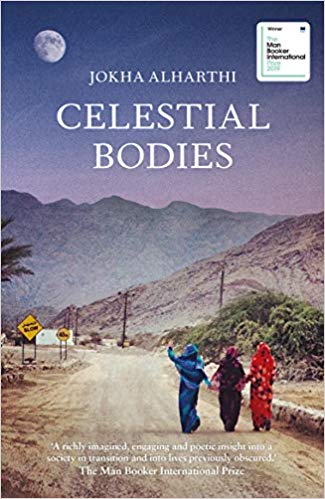Celestial Bodies, written by Jokha Alharthi and translated from the Arabic by Marilyn Booth, won the 2019 Man Booker International Prize.
The prize awards £50,000 to the best works of translated fiction from around the world, with prize money split evenly between translator and author. Alkharthi is the first female Omani novelist to be translated into English, and the first author from the Arabian Gulf to win the Man Booker International.
Bettany Hughes, who chaired the panel of five judges, said of the novel, “Its delicate artistry draws us into a richly imagined community—opening out to tackle profound questions of time and mortality and disturbing aspects of our shared history. The style is a metaphor for the subject, subtly resisting clichés of race, slavery and gender. The translation is precise and lyrical, weaving in the cadences of both poetry and everyday speech.Celestial Bodies evokes the forces that constrain us and those that set us free.”
‘Celestial Bodies’ Wins the Man Booker International Prize









